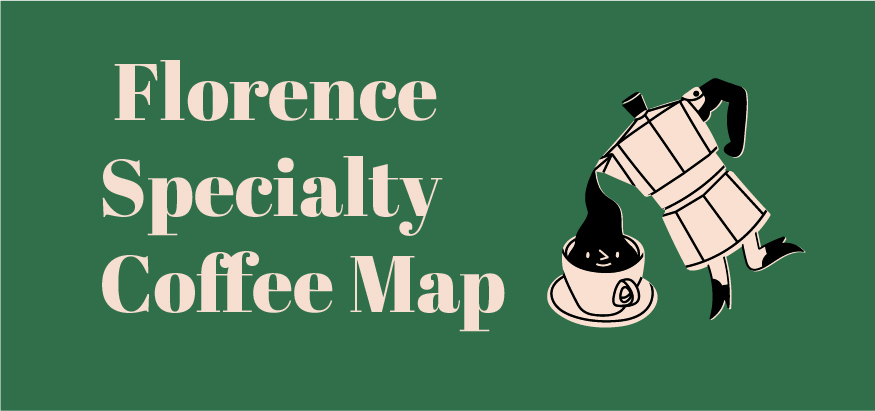
Florence Specialty Coffee Map
15 March 2023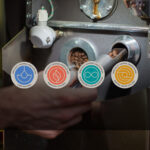
Embark on a Journey to Coffee Excellence with the New SCA Skill Diploma at Espresso Academy
30 October 2023A Trip To Coffee Plantations With Espresso Academy
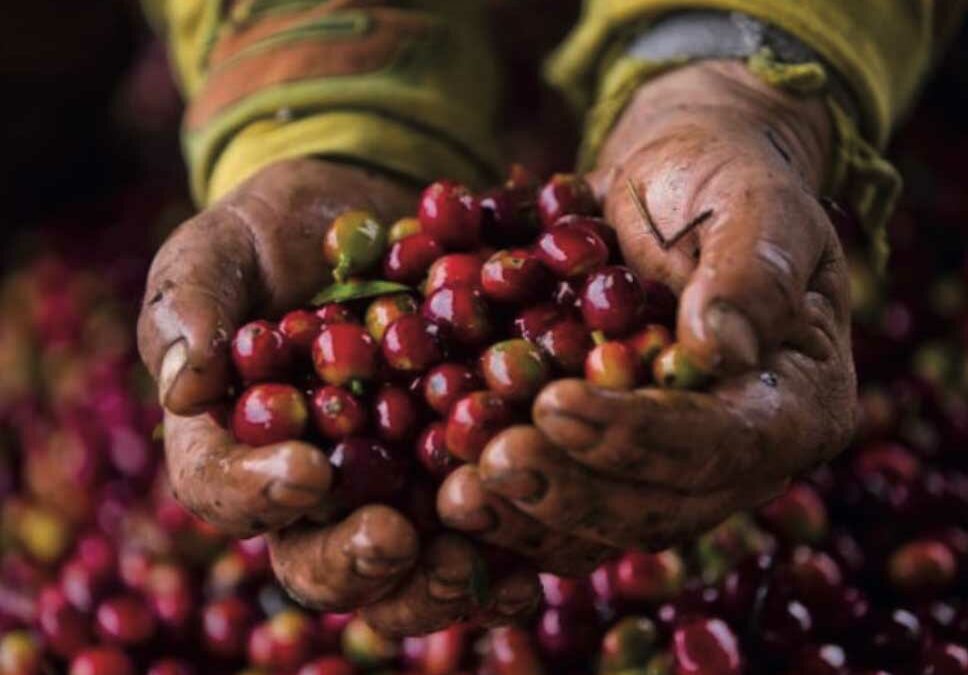
Do you want to visit the coffee plantations and to know the best coffee research centers of the country? take part to our “trip to the origin” organized in July 2023 in collaboration with the Italian Chamber of Commerce
Where: the Colombian ““Eje Cafetero” with the regions of Antioquia, Caldas and Quindío
When: from the 24th to the 30th of July 2023
Why: to deep dive yourself in the world of Colombian coffee, its present, its industry, its future and its innovation
Espresso Academy, in collaboration with the Italian Chamber of commerce, organizes, in the period from 24th to the 30th of July 2023 a real journey to the origins, an unforgettable experience for the coffee lover and a fundamental journey to draw ideas and visions on what the coffee of the future will be from a human, social, professional and research point of view
During the trip we will meet:
- Coffee Associations
- Coffee farms (both Specialty and traditional plantations)
- Local clusters of producers, as cooperatives and so
- Gathering centers (or beneficios)
- Research centers and coffee oriented universities
Program
July 23: Arrival to Medellin
Arrival Aeropuerto Internacional José María Córdova – Rionegro
Distance from the airport to the city: 40 minutes. Hotel Portón Medellín – GHL Hoteles
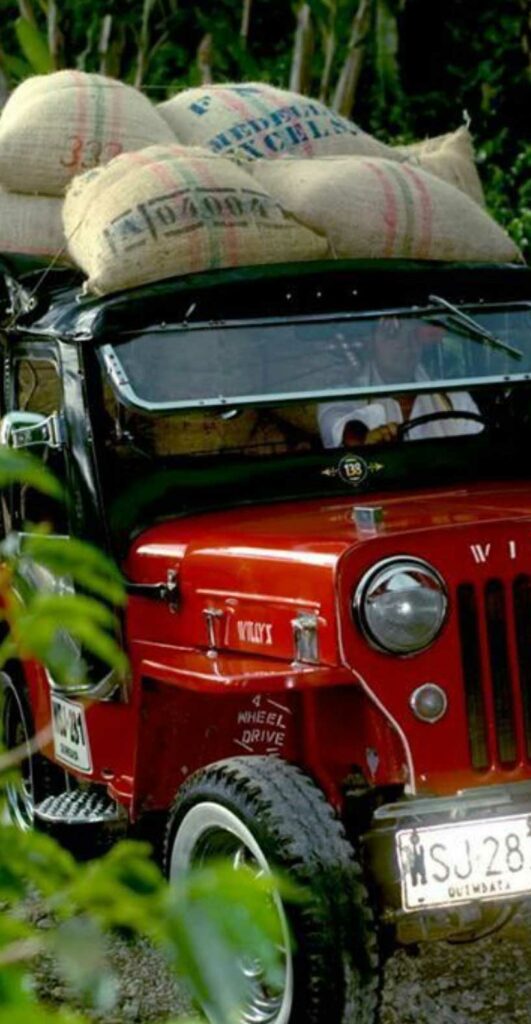
July 24:Welcome Coffee. Tour Medellin.
Meeting Point: Lobby Hotel Portón Medellín
We spend the first day in Medellín, where we will visit the main specialty coffee shops in the city, places that highlight some of the best specialty coffee profiles in the country.
During the day we will also have the opportunity to visit some small family-run fincas, and we will meet some of the emblematic personalities of the city’s coffee industry.
July 25: Visit to traditional and specialty coffee farms – Suroeste Antioqueño
Meeting point: Hotel Portón Medellín lobby
We start the day with a tour through the plantations, where we will explore the different coffee varieties and the different approaches to the plantation, we then continue to the processing plants (wet mil and dry mil) where the producer will explain the post harvest process, methods and innovations, distinguishing between washed, honey, pulped and natural.
We then leave Medellín through the region of Suroeste Antioqueño, where we will visit two coffee plantations in the regions of los Andes and Ciudad Bolivar.
July 26: Learn about coffee innovation & sustainability practices in Colombia
We leave the Antioquia region towards Manizales Caldas, where we visit two farms and meet important players in the coffee industry
In the morning we will visit the Cenicafé (National Coffee Research Center) talking about sustainability with the committee of the FNC (Federación Nacional de Cafeteros). It will be an excellent opportunity to learn about coffee industry trends and the latest technological developments.
Then we will visit a specialty coffee farm in Palestina Caldas, well known for its innovative production processes and exotic coffee profiles. The second visit will be to a farm with 100 years of tradition; The objective of the visits will be to experiment and compare different models of agriculture and business systems.
July 27: Coffee Cooperative & Cluster of specialty coffee
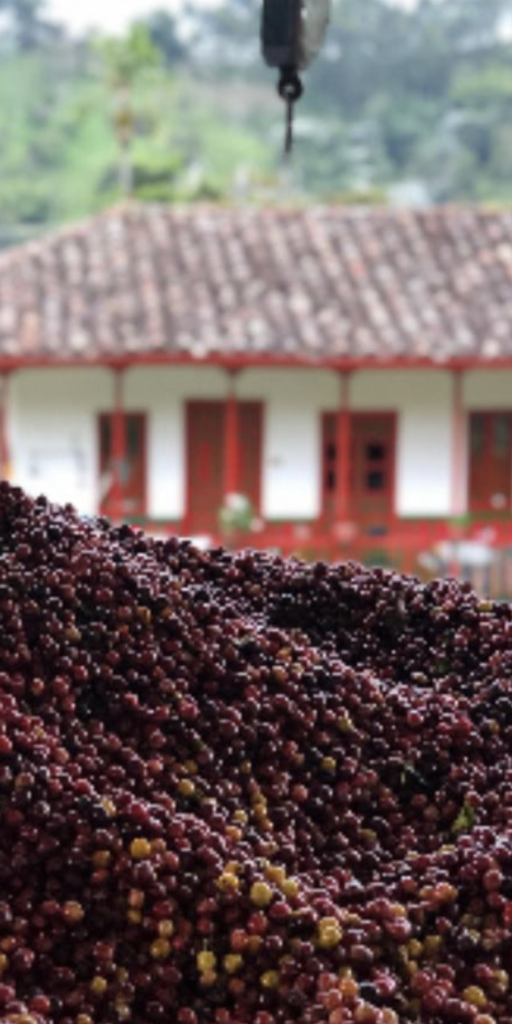
We will spend the morning at Manizales and in the afternoon we will continue to Risaralda.
We will discover the daily operations of the Manizales Coffee Cooperative by meeting the affiliated producers.
In the afternoon we will leave for Risaralda where we will meet Specialty Coffee clusters and leading producers.
In the late afternoon, an Espresso Academy trainer will present the ITALIAN BARISTA method, the training protocol developed by the Espresso Academy and already present in seventeen countries. Being IBM also based on coffee as a global phenomenon, but present with peculiar traditions and production methods all over the world, the Colombian mountains, with their traditions and their landscape, will be the most beautiful stage for the ITALIAN BARISTA method.
July 28: Visit to specialty coffee farms in Salento Quindio.
Once we arrive in Quindío, we head towards Salento, a city known for its coffee plantations.
Here we visit the particular coffee plantations of Salento in the Valle del Cocora, a region unique in the world for its particular characteristics.
Then we continue with a tour through the plantations (seeds and chapola), fertilization process, washed and natural manufacturing processes, storage, roasting and cupping..
July 29: Quindio Coffee Tour – Quindio
Let’s discover this coffee-growing region today with a guided tour in Willys Jeep (a typical form of transport in the area) to the traditional towns of the Quindío region: Filandia and Pijao, where we will experience some cupping tastings in local coffee shops.
Today we will also spend time with the coffee pickers and farmers of the fincas that distribute the city. The purpose of the visit will be to understand the influence of coffee on the culture and history of this historic coffee region.
In the city of Pijao we will also visit the local coffee shops of the city, with a special focus on the story behind each entrepreneur.
July 30: Return to Medellin
We return to Medellín from the Quindío region. We will arrive by noon in order to have the
rest of the day to enjoy the city!
For those who want it will of course be possible to extend their stay on the beaches and in places of cultural interest in Colombia. The staff of the Italian Chamber of Commerce will be available for this.
THE PROGRAM INCLUDES
Professional guidance and translation service.
Private transport during the entire trip.
Accommodation during 7 nights (Type: Hotel & Traditional Coe Farm)
Breakfast, day snacks, lunch and dinner.
THE PROGRAM DOESN’T INCLUDE:
Airplane tickets to Colombia
Extras
PRICE
After that date the price will be 2.500€
The cost of the trip to the origin- Colombia, is 1.900€ until the 31 of Aprilfor the “early birds”


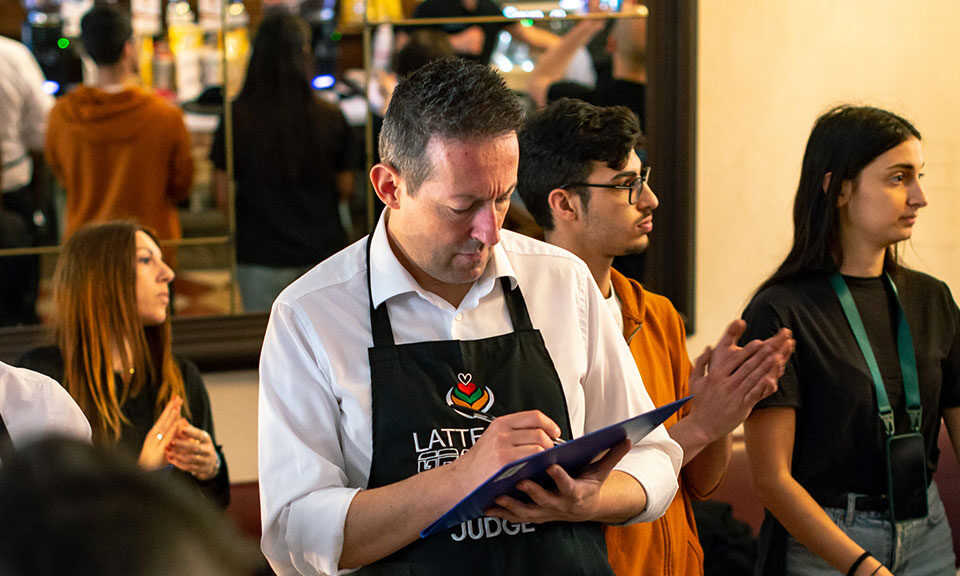
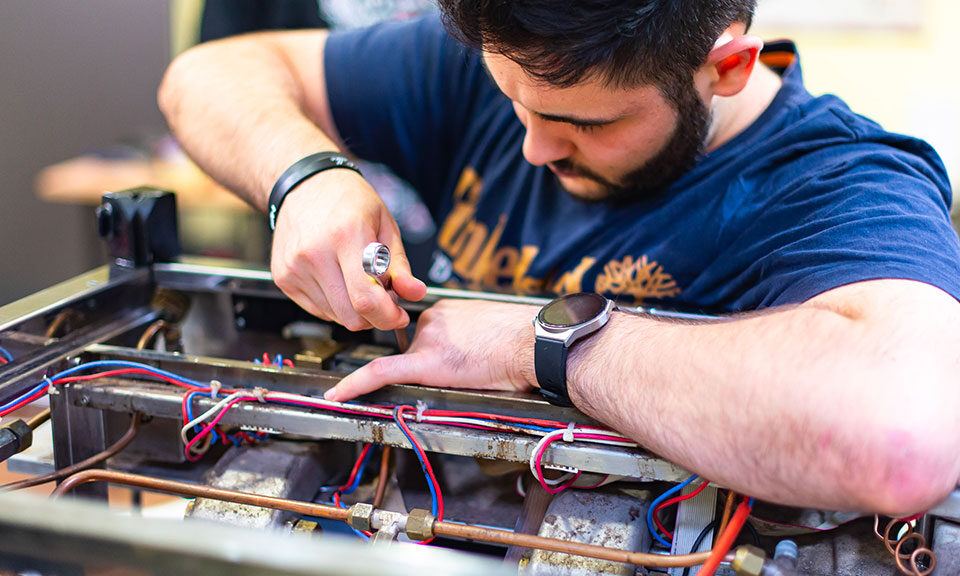
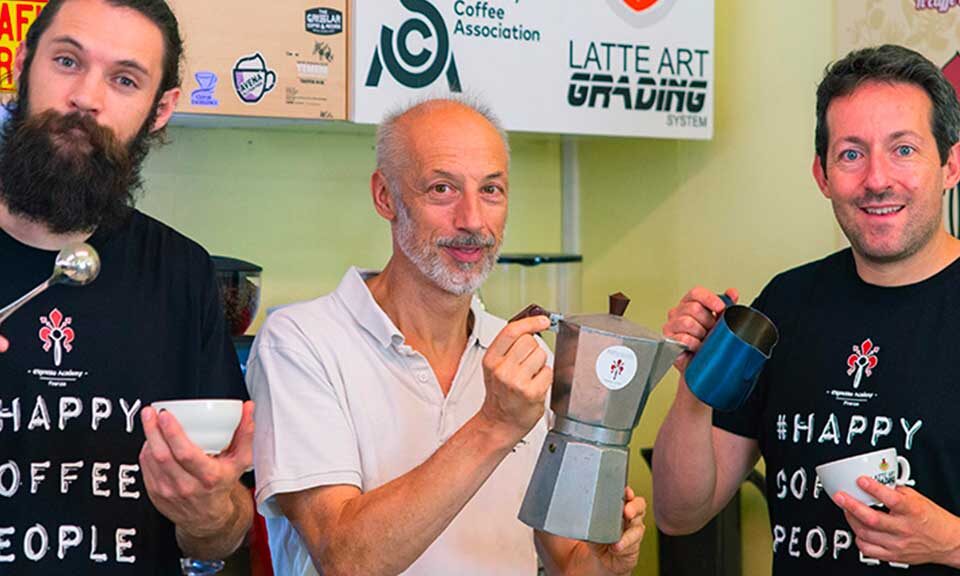
1 Comment
What role do research centers and universities dedicated to coffee play in the itinerary? How do these visits contribute to participants’ understanding of coffee innovation, sustainability practices, and technological advancements in the industry? Regard Telkom University